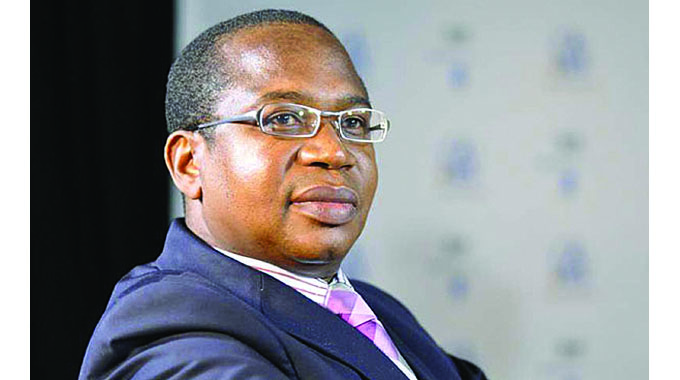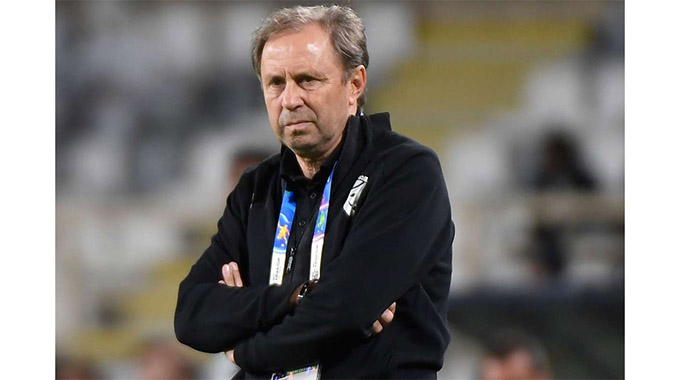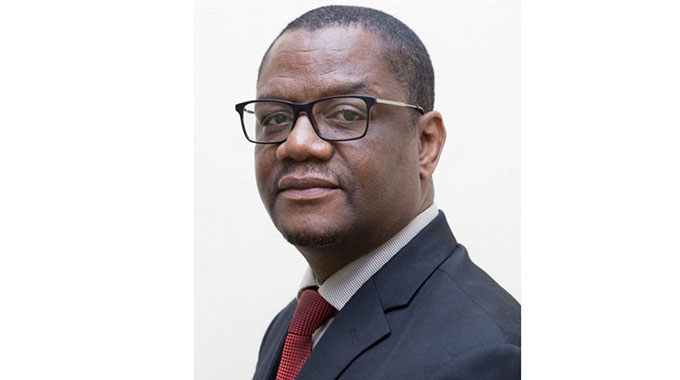Why is economy on road to recovery?

Bulawayo Bureau
ZIMBABWE’S economy is on a recovery trajectory and for the first time in many years, the country is clawing back to solid growth, having exhibited higher resilience to recent unforeseen shocks, including the latest outbreak of Covid-19.
According to official estimates, the country’s Gross Domestic Product (GDP) growth, a major global economic indicator, is expected to hit 7,8 percent by the end of this year, slightly above earlier estimates of 7,4 percent.
This will be mainly driven by the recovery in the agriculture sector, which recorded a bumper harvest in the last season, and is set to grow by up to 34 percent, the Treasury has said.
There has also been a steady performance of the mining sector, coupled with noticeable recovery in the manufacturing sector, whose capacity utilisation rose from 36 percent in 2019 to 47 percent last year and 54 percent in the second quarter of 2021, CZI statistics show.
Amid the raging Covid-19 pandemic and subsequent lockdown measures, the health sector and ICT sectors have shown strong resilience, while the Government and private sector have also been able to drive general investment in key infrastructure projects.
“These sectors are the ones that are leading the charge in terms of economic recovery and the results speak for themselves,” said Finance and Economic Development Minister, Professor Mthuli Ncube in an exclusive interview in Bulawayo this week.
“You then look at the whole macro-economic environment, and that progress can only happen in an environment of stability. Macro-economic stability has been engendered, we can compare where we are now to the last quarter of 2018 when we came into Government, right through into 2019.”
However, the tourism sector has taken a huge plunge due to the pandemic as key global source markets adopted tight travel restrictions, resulting in closure of borders and suspension of flights.
Government has vowed to enhance support to the sector through various incentives such as Value Added Tax waiver for domestic tourists and the available stimulus financing.
Zimbabwe withstands external shocks
Prof Ncube has said the resilience being exhibited by the country must be understood on the background of unforeseen shocks, which affected the country and entire global economy.
“The first shock was cholera. When we came into Government there was a cholera outbreak and the first thing we dealt with, in my first day in office was to say how are we going to mobilise resources to deal with this,” he recalled.
“Before we knew it there was Cyclone Idai, which devastated us as Zimbabwe and then after that we had the issue of the drought and that meant the agriculture sector could no perform. We had water shortages and so forth and then power outages.
“While the economy was reeling under that, in came the pandemic – Covid-19. So, we have gone through different types of shocks and for us to be recording and saying we are on a recovery phase is truly remarkable.”
Economic reforms pay dividend
The strong economic recovery has also been attributed to the comprehensive reform drive being undertaken by the President Mnangagwa-led Government. Prof Ncube said the reform factor has played a critical role in bringing about desired macro-economic stability in the face of all the highlighted shocks.
“We didn’t have monetary policy in the country before February 2019, what we had was fiscal policy only. So, we were walking on one leg and by introducing a domestic currency and the monetary policy committee in 2019, we introduced a second and necessary leg for macro-economic policy,” he explained.
“As I speak, we can do monetary targeting, we can even eventually do inflation targeting. We have a proper policy and…but that needed to occur within an environment of a balanced budget, fiscal stability and discipline, which was the first order of business in 2018.”
While acknowledging public outcry over price escalation amid parallel market exchange rate distortion and erosion of incomes, Prof Ncube said the future was bright, and assured citizens that authorities were taking necessary steps to arrest speculative indiscipline and enhancing the value of the local currency to restore consumer purchasing power.
Budget surplus and vaccination success
When Prof Ncube first spoke of a budget surplus, the news has been received with cynicism by many Government critics, as it did not sound logical for a country coming out of a battered economic background.
“Colleagues, the surplus works. If we didn’t have the surplus we would have been in deep trouble. We had US$100 million ready to procure vaccines in January 2021. So, whenever you think of the surplus, think of the vaccine that went into your arm,” said Prof during an address to ZITF Expo delegates on Wednesday.
“Stability has been key to a point where at the end of 2020, we were able to record a surplus, which is where the US$100mln for vaccines came from and that was very good. When the Covid-19 shock came we were ready for it. So, that is where the economy is.”
Increased infrastructure focus
Infrastructure development and rehabilitation is receiving increased attention under the Second Republic, which is implementing several key projects across the country, said Prof Ncube.
“We are investing into various infrastructure projects and they are also part of the economy. This is a key pillar in the economy in terms of the National Development Strategy (NDS1), the successor to the TSP, which is focusing more on developmental issues and certainly infrastructure is key,” he said.
“We have been using domestic resources to finance the upgrade on Beitbridge-Masvingo-Harare Road. We have been able to complete the building of various dams like former Causeway Dam and Gwayi Shangani is on the way. Chivhu Dam is also on the way…”
Prof Ncube said the Government was also pushing the Robert Mugabe International Airport upgrade and the US$1,5 billion Hwange Units 7 and 8 expansion, as well as the Hwange Power Station units 1-6 upgrade.
Private sector investors are also implementing several energy projects, including renewable solutions, while some entities like Old Mutual, are investing millions towards housing.
The minister said Emergency Roads Rehabilitation Programme (ERPP), that was launched by President Mnangagwa in response to damage on road infrastructure as well as devolution funding, have transformed key infrastructure maintenance in both urban and rural areas.
“That’s another leg of economic activity, which is all contributing to the overall performance and recovery,” he said.
Outlook into the future
Moving into year 2022, Prof Ncube said the economy was expected to grow just above five percent. He said the indicators were again positive based on projected normal to above normal rains, which augers well for the agriculture sector, the mainstay of the country’s economy.
He hoped that global commodity prices will also remain strong due to recovery in the global economy.
“As long as agriculture remains strong this year into next year, that again will boost other sectors in terms of aggregate demand right across. Inflation is falling because the exchange rate is stable due to the foreign currency auction,” said Prof Ncube.
“But it’s also stable because of other factors we put in place like fiscal discipline, monetary sector discipline and the auction as a price discovery process and a strong balance of payment.
“Our current account is in positive territory right now and that is pleasing and all our fundamentals are pointing to a strong direction and that’s the state of the economy.”










Comments